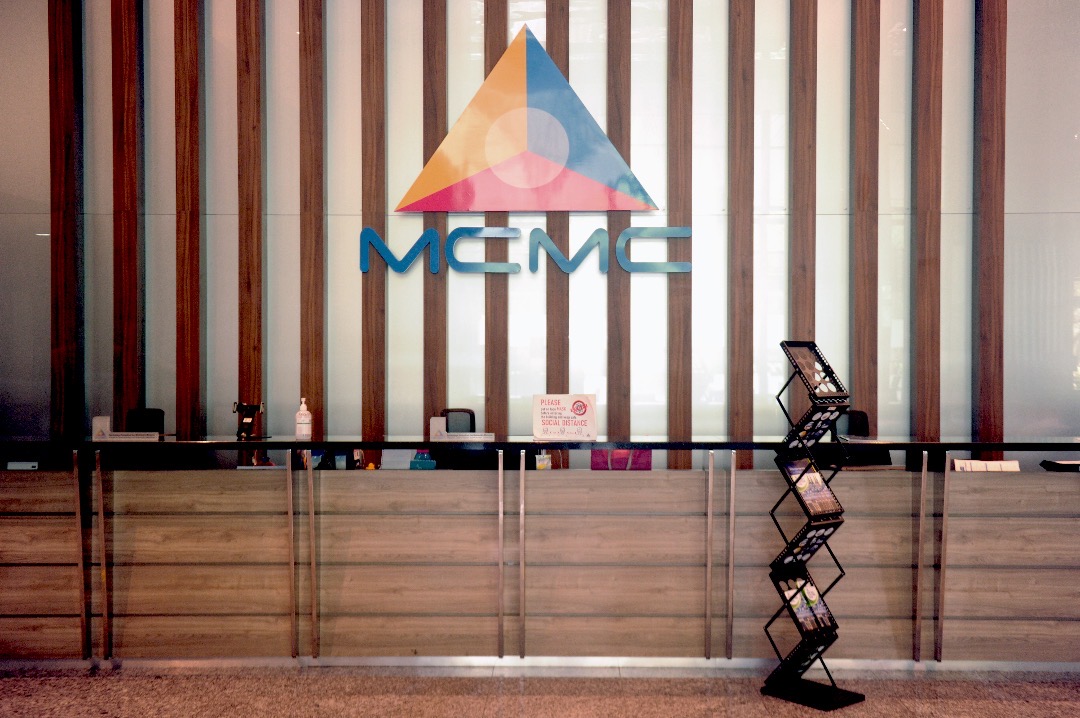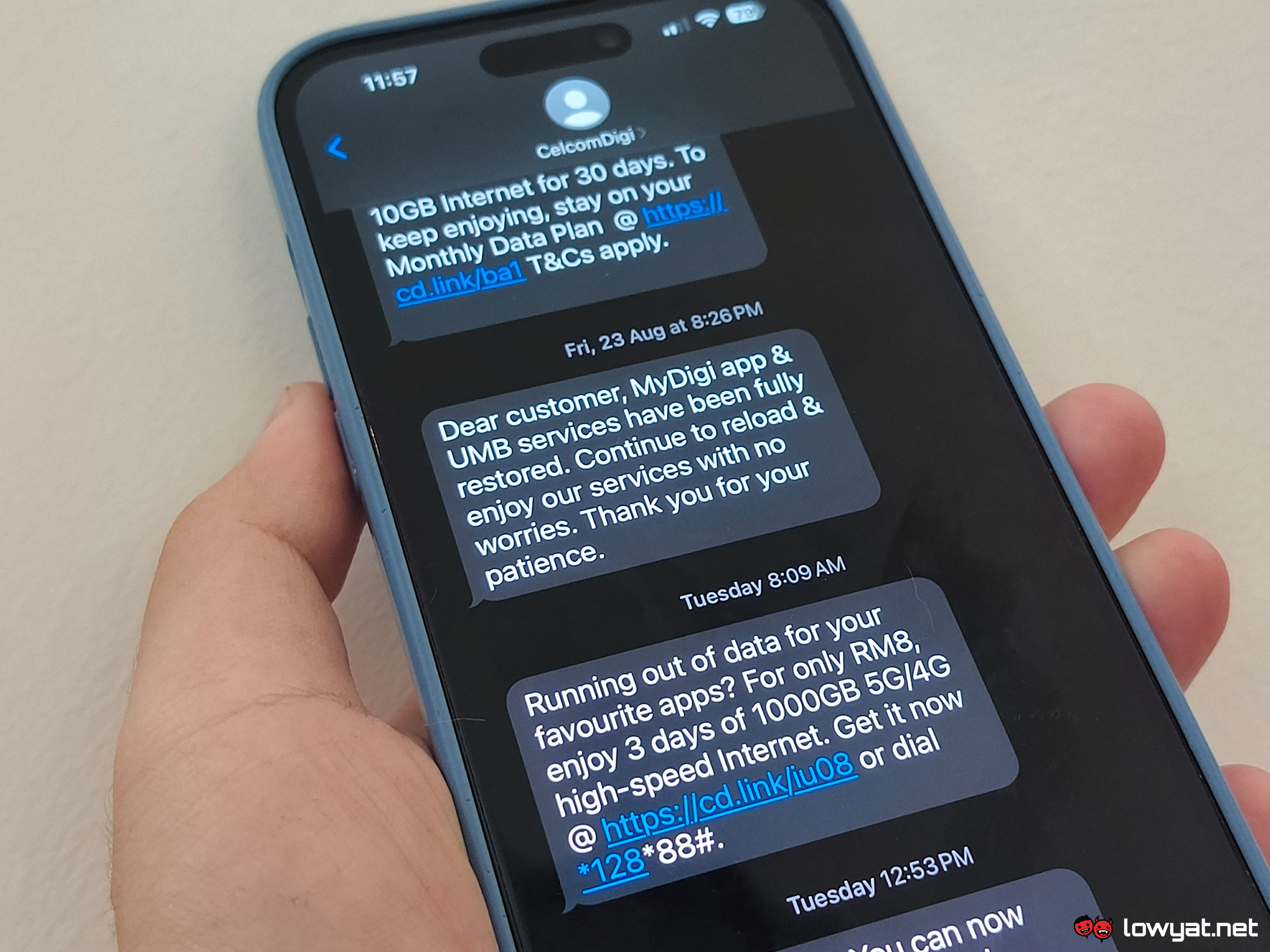Authorities have blocked more than 2.1 billion suspicious calls and unsolicited SMS messages from 2022 until August this year, according to Communications Minister Datuk Fahmi Fadzil. He said the effort was part of ongoing collaboration between the Malaysian Communications and Multimedia Commission (MCMC) and telecommunications service providers to combat online fraud.
Fahmi’s statement came as a written parliamentary reply to an inquiry by Datuk Siti Aminah Aching (BN–Beaufort). She had asked about government efforts in tackling online scams and the number of websites taken down.

In the same reply, Fahmi revealed that the MCMC, with the cooperation of social media platforms, have also removed 112,734 pieces of fraudulent content and blocked seven deceptive websites. “These actions are in response to complaints received and are aligned with community guidelines and local laws,” he said.
Prohibitions on certain SMS content, such as hyperlinks requesting personal information and callback numbers, have been in force since September 2024. On the legal side, amendments to Section 233(1) of the Communications and Multimedia Act 1998 (Act 588) now classify the dissemination of false content with fraudulent intent as a punishable offence. Offenders face fines of up to RM500,000, imprisonment of up to two years, or both.

Meanwhile, effective in January this year, internet messaging and social media service providers are required to obtain an Application Service Provider (ASP(C)) Class Licence under Act 588. The MCMC has also introduced a Code of Conduct for Internet Messaging and Social Media Service Providers in December 2024, encouraging platforms to adopt guidelines aimed at creating a safer online environment.
Despite these measures, bad actors continue to target unsuspecting victims through robocalls and fake messages, as highlighted by numerous complaints on social media. These scams often involve impersonating authorities and even courier services, pressuring victims into reacting urgently.
(Source: The Star)


